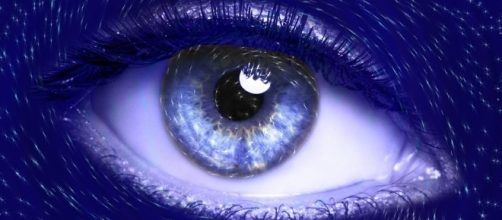Although sunscreen is great for protecting against damaging UV rays, some people took it a little too far during the recent Eclipse. Some health professionals have reported cases where people who were viewing the recent eclipse put sunscreen in their eyes so they could view the eclipse. Those who chose to watch the eclipse were warned about possible problems.
The results of sunscreen in the eyes
Forbes reported that some people in Columbus, Ohio suffered issues after putting sunscreen in their eyes to view the recent eclipse. Nurse practitioner Trish Patterson told the local television station that one of her colleagues informed her that patients had come to the clinic complaining of pain in the eyes after the eclipse.
Later, they were referred to an ophthalmologist for treatment. To view the eclipse though, sunscreen doesn't work. Viewers needed to either wear solar eclipse glasses or use a pinhole projector. Although it's possible for a person to get sunscreen in the eyes from sweating or rubbing it into the eyes when applying it, the best way to avoid this problem is to spray it onto the hands and then rub it, and to use sunscreen products that include titanium dioxide or zinc oxide because they don't run so easily. Sunscreen does burn in the eyes and may cause pain and stinging. It normally doesn't cause permanent damage. The best way to ease the pain is to remove contact lenses if worn and rinse eyes with cool water.
Fox News reported that some eclipse viewers in California put sunscreen on their eyes and had to seek medical treatment. It was later mentioned by KRCTV that the reason some had used sunscreen was that they didn't have NASA-approved eyewear for the event. As part of the same report, The Sun also reported that some viewers in Virginia complained of suffering pain after applying sunscreen. Eye protection is always important when outside, especially when staring at the sun for only a few seconds can cause lasting damage to the retinas of the eyes.
Symptoms of retina damage
KRCR reported that for those experiencing blurred or impaired vision after viewing the eclipse, they should see an eye doctor.
Usually, it takes about 24 hours for people to experience any symptoms, which include blurriness and visual defects. Those who are experiencing problems with their vision need to be aware that since there are no pain receptors in the retinas, they won't experience pain as an indication that there is a problem. Other symptoms to look for include seeing dark spots in the center of one's vision and cloudiness. So far no one has reported having vision damage from viewing the eclipse. The next eclipse is expected to appear sometime in 2024.


